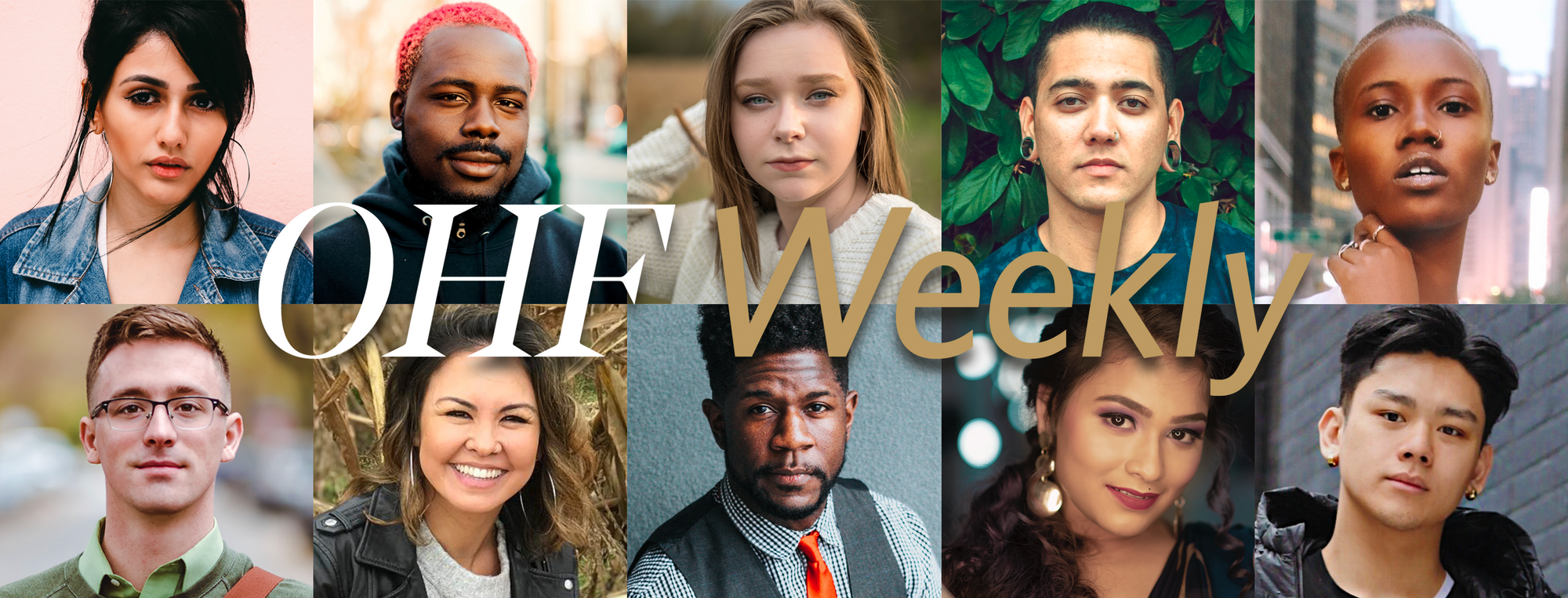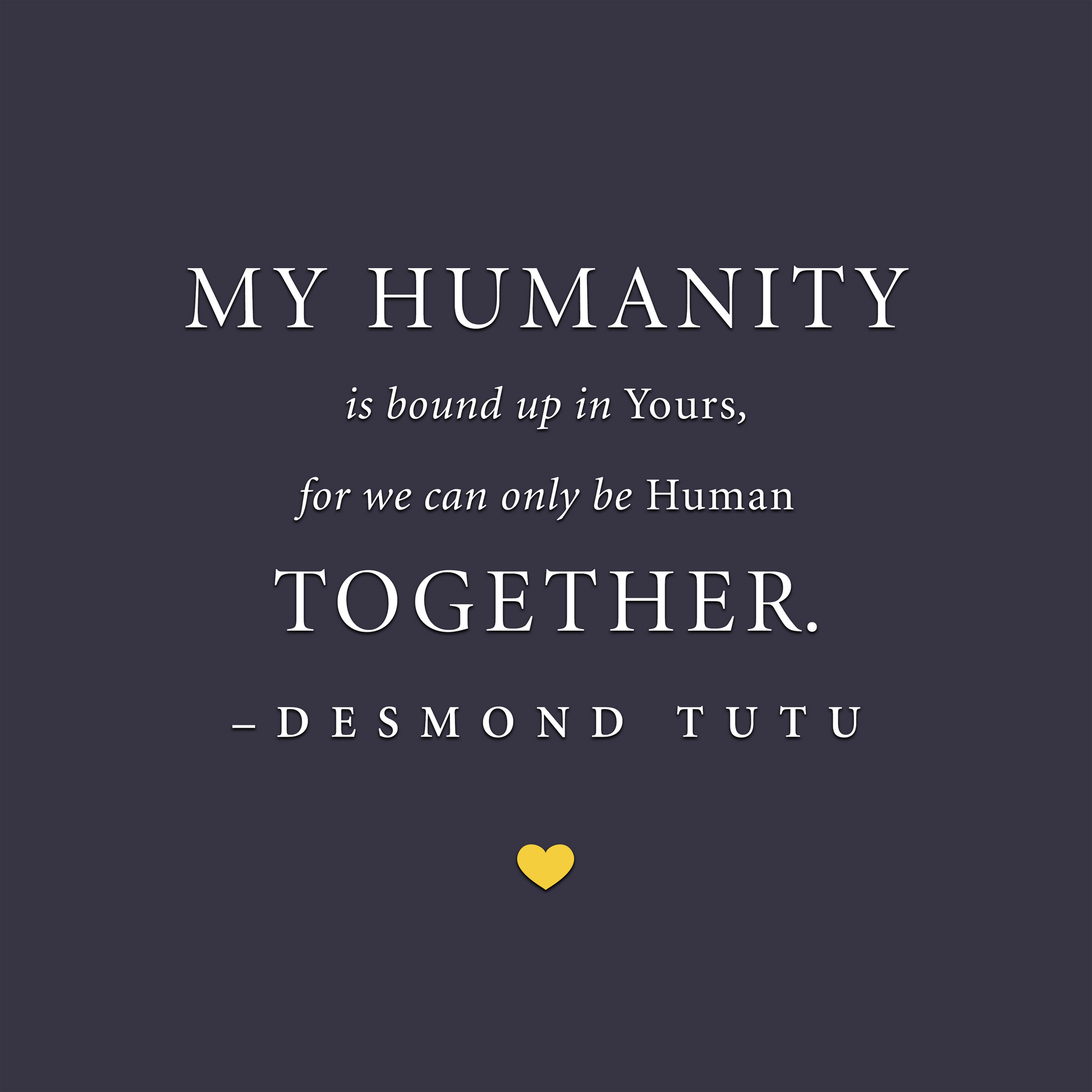Letter from the Editor:
Systems and Stressors
We live in a culture that is driven by systems, visible and invisible. For example, our homes are connected to an electrical grid that distributes power according to the systems that determine its purpose as well as its payment. Great efforts go into planning, development, and maintenance, and the delivery to our home for lighting and heating and cooking and entertainment comes at a cost to us—which we (usually) willingly pay. Roads, food distribution, travel, education, religious observances—so much of what we participate in as individuals is participating in systems.
And yet systems, while they can appear strong and unassailable, can fail when they receive inputs that do not “make sense” or that are not accounted for. Try running an electrical grid that’s dependent upon natural gas during a record cold snap together with deliberate refusal to connect to a larger national grid—the result is an entire state whose population freezes in their own homes, with some even dying from the lack of heat.
It didn’t take much in terms of stress to break the electrical grid. Too much cold, too much draw, no extra energy supplies—and the system collapsed entirely, delivering no energy at all.
All it took was a series of cascading events that were unplanned for.
I was thinking about this in considering the entrenched system of racism in America. It looks unassailable—even the worldwide protests after the on-camera murder of George Floyd have done little to effect real change in our political choices and budgets. The system accommodated the protests, corralled them, sealed them off, and reduced them to mere outrage.
Systemic racism is still here and looks to be eternally present.
But I have a theory that perhaps what we’re doing, while useful in many ways, isn’t stressing systemic racism at the right points. Similar to the way a state electrical grid failed because of too many cascading issues that eventually overwhelmed its operation, I’m wondering if perhaps we need to rethink how and what we are doing to achieve justice so that we can somehow overwhelm the system where it’s not expecting stress.
Perhaps the protests and books and letter-writing and speeches and corporate commitments—while good!—are not the right way to create a situation of cascading stressors that will overwhelm and shut down the system.
But I don’t know for sure what the right things are. Friends tell me that when about three percent of the public engages in disruptive protests, the systems bend to accommodate the protests, enough so that odious policies and laws are changed as the system attempts to survive. But I wonder if there are other things besides public protests that we can be doing that can work towards that goal of achieving equality.
Perhaps it will take us white people simply being much more willing to risk our acceptance in white society by speaking out directly about actions of systemic and personal racism as we encounter it. Perhaps it will take the consistent push for equality in our churches and jobs and communities and even our families. Perhaps it will take much more physical effort in finding and registering more voters and spending the money to get voters to the polling stations. These are all ways that we white people can engage in stressing the system so that it must respond by changing.
The system that exists can’t handle the situation when the main benefactors (white people) start hollowing the system out from the inside or stop responding with complacency to useless offers of “change.” I’m thinking that we should be looking to these disruptive actions more so that we can overwhelm and then eventually break the system so that we might establish a better one.
What do you think? Where would you like to put yourself into the grid so that you can stress it to bring it down for a better, more robust community based on equality and inclusion?
In This Issue
- New This Week: “Twenty Books by Black Authors That Belong on Your Bookshelf” by William Spivey
- In Case You Missed It: This week’s legacy article is “The Heroes of the Reconstruction Era and the Harlem Renaissance” by Sabrina Bryant
- Promo: Support Our Human Family and OHF Weekly!
- Final Thoughts
New This Week
Twenty Books by Black Authors That Belong on Your Bookshelf
by William Spivey
If you wanted to pick the top books by Black authors in America showing a wide diversity of experience and outlook, you could not do much better than get these twenty books, hand-selected by William Spivey.

In Case You Missed It
The Heroes of the Reconstruction Era and the Harlem Renaissance
by Sabrina Bryant
In the time after freedom from enslavement and during the early twentieth century, writers, musicians, actors, and activists sought to change how Black Americans viewed themselves and also how white citizens viewed them.

Support Our Human Family and OHF Weekly

Our Human Family has been fostering conversations about achieving equality since April 2019. Our goal is to unite the world—our world, our sphere of influence—by dispelling the lie of race and the practice of racism and replacing them with the truth of love and equality.
Our Human Family, Inc. is now a 501(c)(3) charitable organization, with the same goals and message as the online publication. Still in its early planning stages, Our Human Family advocates for racial equity and inclusion by creating and offering workshops, panel discussion groups, targeting key educational programs for sponsorship, hosting guest speaker events, and much more that will help us achieve racial equity and inclusion for everyone.
No one should commit to the work of racial equity in pursuit of an anti-racism gold star, nor should anyone regard it as a performative means to earning an anti-racism merit badge. Creating a more equitable world for all people is its own reward and the benefits to society are manifold.
We understand that there is no one-size-fits-all approach to people. The same applies to providing the various segments of our customer base with the knowledge and skills necessary to eradicate racism. We make this possible by creating informative and transformative materials that will evolve with the times and meet the specific needs of various segments of our consumer base.
The subject of racism is broad and complicated. Its components require close examination and nuanced explanation. While our message is singular, we must tailor our conversations and presentations to bring awareness to these aspects. These items must also be updated to reflect the challenges of the times.
We cannot do the work of racial equity without the support of people like you. In the same way that it takes a village to raise a child, it will take all of us to end racism and create a more equitable world. Racism doesn’t just harm its victims, it harms its perpetrators and bystanders. Racism harms everyone. Our Human Family is working to bring an end to racism and establish a society rooted in equity.
You can help us continue our anti-racism work.
Please support the critical work and word of Our Human Family at the forefront of the national conversation on better race relations and widespread equity in America.
Final Thoughts

Love one another.
Stephen Matlock
Our Human Family, Senior Editor
Top photo by Evelyn Paris on Unsplash



